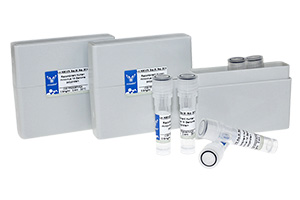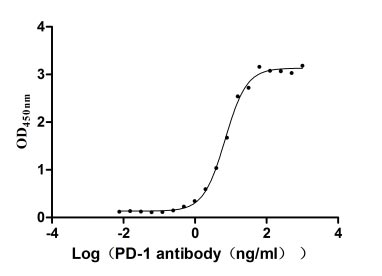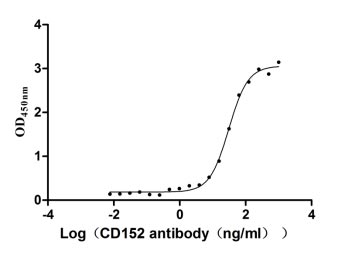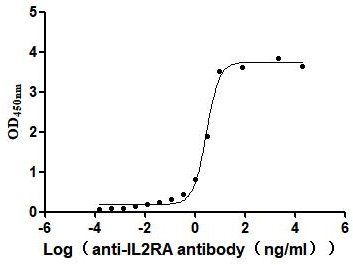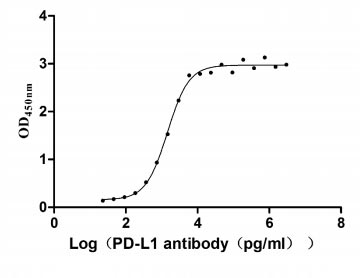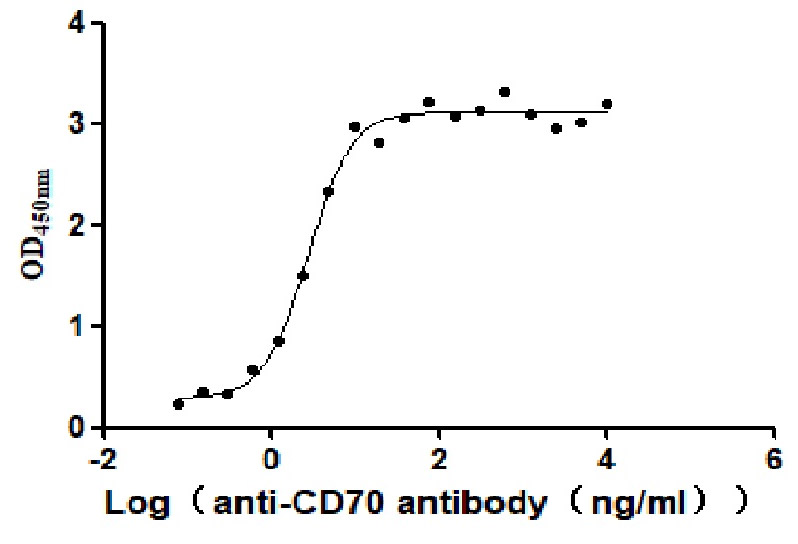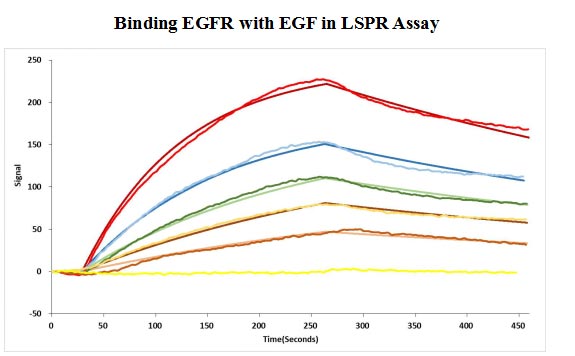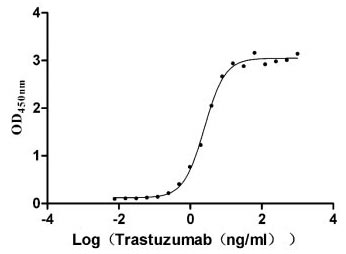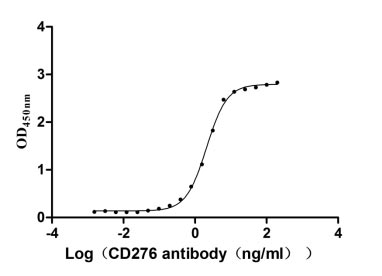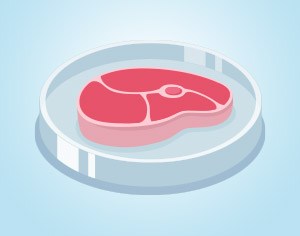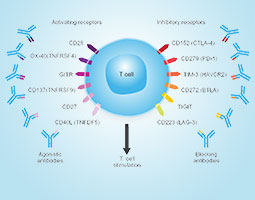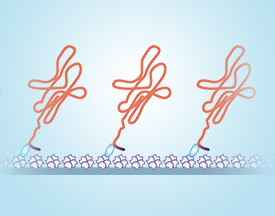Recombinant Proteins
Recombinant proteins are useful tools for analyzing biological interactions. A much larger number of recombinant proteins is used in the research laboratory, including both commercial proteins and those that are generated in the course-specific research projects. They play critical roles in many applications.
If you are looking for recombinants with excellent quality (validated bio-activity, lower endotoxin level and high purity) to support your research, you are in the right place.
Over more than 18 years, CUSABIO has established five systems from prokaryotic to eukaryotic to express the recombinant protein. We own protein expression technology based on a series of protein expression and purification technology, including protein expression technology shown by Baculovirus outer membrane proteins (OMP), and membrane protein expression technology, etc.
Citations
Recombinant Severe acute respiratory syndrome coronavirus 2 RNA-dependent RNA polymerase(NSP12) cited in "SARS-CoV-2 hijacks cellular kinase CDK2 to promote viral RNA synthesis". Signal transduction and targeted therapy, 2023
Recombinant Mouse Mixed lineage kinase domain-like protein(Mlkl) cited in "OASL phase condensation induces amyloid-like fibrillation of RIPK3 to promote virus-induced necroptosis". Nature cell biology, 2023
Recombinant Mouse Proto-oncogene c-Fos(Fos) cited in "Dihydroartemisinin imposes positive and negative regulation on Treg and plasma cells via direct interaction and activation of c-Fos". Communications biology, 2023
Recombinant Human Keratin, type I cytoskeletal 18(KRT18) cited in "Calcitonin gene-related peptide ameliorates sepsis-induced intestinal injury by suppressing NLRP3 inflammasome activation". International immunopharmacology, 2023
Recombinant Human Protein Wnt-5a (WNT5A) cited in "ATBF1 is a potential diagnostic marker of histological grade and functions via WNT5A in breast cancer". BMC Cancer, 2022
Read More >>
Useful Resources
What is recombinant protein?
Recombinant protein, a manipulated form of protein, is generated in various ways to produce large quantities of proteins, modify gene sequences and manufacture useful commercial products.
Technical resources of recombinant proteins
In the process of developing recombinant proteins, a remaining challenge is that you will be faced with a bewildering array of choices except the expression system, such as the expression vector selection, the length of expressed protein (full-length or partially) and the protein with tag or not, etc. You have to make a lot of decisions when producing recombinant proteins. If you choose wisely, you'll obtain high-quality recombinant proteins and the follow-up experiments are more likely to be successful. But if you make a wrong decision, you may fail to get the recombinant protein you need or the quality and purity of the recombinant protein do not meet the requirements. Here, based on their experience of developing recombinant protein, protein expression engineers from CUSABIO have concluded several useful tips to help you make wise decisions, you can click the following links to enter the corresponding article.
Article 1: Production of Recombinant Protein
In this article, we aim to illuminate the definition of recombinant protein and how to produce a recombinant protein.
Article 2: How to choose a suitable expression vector?
The expression vector is a DNA molecule that carries a specific gene into a host cell and uses the cell's protein synthesis machinery to produce the protein encoded by the gene. Expression vectors allow high-level expression of foreign genes in host cells, and through years of development, expression vectors have become a mature and popular biotechnology. It is an essential element in the process of recombinant protein production. As the title shows, this article mainly summarizes several useful tips to choose a suitable expression vector.
Article 3: How to express a protein with bioactivity?
Depending on the application of the recombinant protein, we may put different requirements on its bioactivity. But how can we ensure that the protein is produced with bioactivity? This article will focus on this topic and offer some solutions.
Beside the above articles, we also have a collection of common questions of recombinant protein. You can click the following link to view. https://www.cusabio.com/m-306.html.
In addition, we also provide the recombinant protein expression service to our customers, you can click here to obtain more information.
Note: If you have any question about CUSABIO's protein, involving protein price, delivery and quality, you can click the orange button to leave a message online for us.
Read More >>

